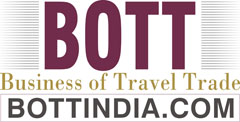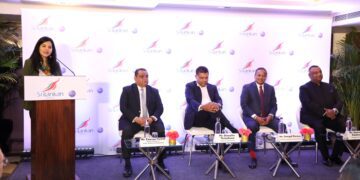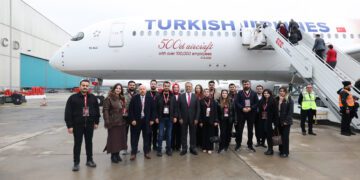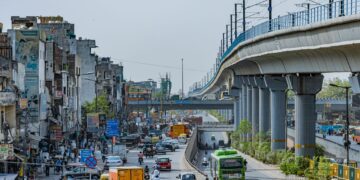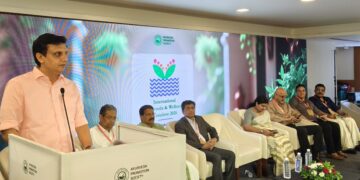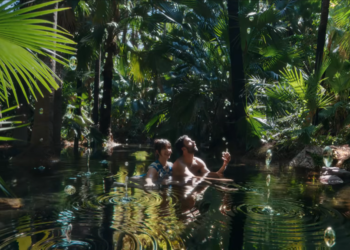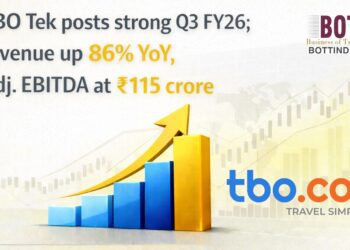Nakul Anand
Chairman, FAITH
Indian tourism needs to be structured through a constitutionally empowered legislative body -A national tourism council headed by our Honourable Prime Minister along with the presence of all chief ministers. This will enable fast track centre state level tourism decision making and work on a One India One Tourism approach leveraging and utilising full synergies of India’s tourism potential across all our states. This will raise the decibels for going Vocal with Local.
Captain Swadesh Kumar
President, ATOAI (Adventure Tour Operators Association of India)
We need a financial legislative mechanism to make adventure tourism activities bankable at priority interest rates. The adventure tourism activities are based on natural assets & competences and not on collateral assets and thus need a different financing guarantee mechanism. Thus, to create structured global awareness we look forward to branding Indian adventure tourism though creating a sub brand to our Incredible India main brand.
P.P. Khanna,
President, ADTOI (Association of Domestic Tour Operators Association of India)
GST on Tour operators should be 1.8% with full set offs and not 5% which is making domestic tour operators uncompetitive. Outside of containment zones all the states should synchronise their border policies to enable Indians to travel freely and without confusion. For our domestic tourism to become world class, we need to have a consistent national focus on three S – Safety, Sanitisation and Sensitisation.
Subhash Goyal
Hony. Secretary, FAITH
This is a highly stressed time for everyone. However, we are confident that our concerns will be addressed by the government and they will be able to prioritise a relief package for the Indian tourism, travel and hospitality from their limited resources.
Gurbaxish Singh Kohli
Vice President, Federation of Hotels & Restaurants Industry of India (FHRAI)
GST rates for hospitality in India are one of the highest in the world. This makes both domestic and inbound tourism in India expensive. The 18% GST category for hotels above room rates of ₹7500 must be abolished and merged with the category of 12% GST. Gradually it should be brought down further below 10% with full set offs in line with global trends. Restaurants too have an 18% and also 5% slab but which is without setoffs. The 18% category needs to be abolished and there needs to be an option made available of GST at 12% with full set offs.
M.P. Bezbaruah
Secretary General, Hotels Association of India (HAI)
Hotels require to be declared as a social infrastructure sector so that long term funds are accessible at suitable interest rates to attract private capital hospitality, to create all India jobs and to build quality accommodation supply. Land banks are the most critical resource for hospitality projects. They are also the biggest capex drivers. Very high quality land assets are available with public sector units and government which can be used to enhance hospitality growth.
Amaresh Tiwari
Vice Chairman, India Convention Promotion Bureau (ICPB)
To target global congress, conventions and conferences, and social events we need to create a global mice bidding fund with a corpus for ₹ 500 crores to enable our entrepreneurs undertake techno economic bids for events which have a bid cycle of 2 years plus. We need to create city convention bureaus in each of our main cities which will work with ICPB as their hub to carry out a global bidding activity. Our GST rates are one of the highest in the world and to revive we should move immediately to a 12% GST rate for all MICE related events.
Sharat Chandra
Treasurer, Indian Tourist Transportation Association (ITTA)
Lack of cash inflow is the most pressing issue during the COVID and thus it is most critical that refund of unutilised GST credit lying with government to the operators must happen which will get liquidity into the system. It is important to have exemption from payment of insurance premium for the tourist transport vehicles for the financial year till a complete stability happens.
Gajsingh Jodhpur
President, Indian Heritage Hotels Associations (IHHA)
We need to create special focus on Indian heritage through a heritage sub brand which is linked to the main brand of Incredible India. In the post-Covid normal, we need to have India heritage evenings in each of the top 100 cities of the world. We need to create a heritage restoration fund and set up a corpus of at least ₹1000 crores.
Pronab Sarkar
President, Indian Association of Tour Operators (IATO)
In the post-Covid period our vision is to double India’s share of inbound tourism to 2.5% in 5 years post normal and then double it again to 5% in the next five years post that. This will rightfully put Indian tourism in the global league where it belongs. However, we do not see a normal start to inbound tourism till October 2021. To survive till then, the inbound tour operators need to have an operating cash subsidy to pay salaries and operating costs as has been effectively done in the USA & the UK. Our SEIS rate should be made effective 10% for the next 10 years and should be payable immediately on our financial year 2019-20 gone by.
Jyoti Mayal
President, Travel Agents Association of India and Vice Chairman, FAITH
A key requirement is to make Indian travel agents globally competitive. The recently introduced TCS makes Indian travel agents uncompetitive by 5 – 10% via their global counterparts. This comes on top of the GST which makes our travel agents even more uncompetitive. We are in close discussions with the ministries and hope that it will be rolled back. A favourable GST regime for travel agents is extremely critical as part of our vision for the future and we are in constant dialogue with aviation and finance ministries to address that. We hope to see a competitive GST regime for our travel agents being rolled out soon.
Pradip Lulla
President, Travel Agents Federation of India
The applicability of TCS puts our travel agents business models under threat as they make us expensive to book by almost 5 – 10% Even though the advance tax is settled at the end of the year during year, it puts a liquidity concern by blocking money and will also raise the issue of reconciliation. Today our travel agents are under a huge business stress and we keenly look forward to a mechanism to ensure they get support for survival.
